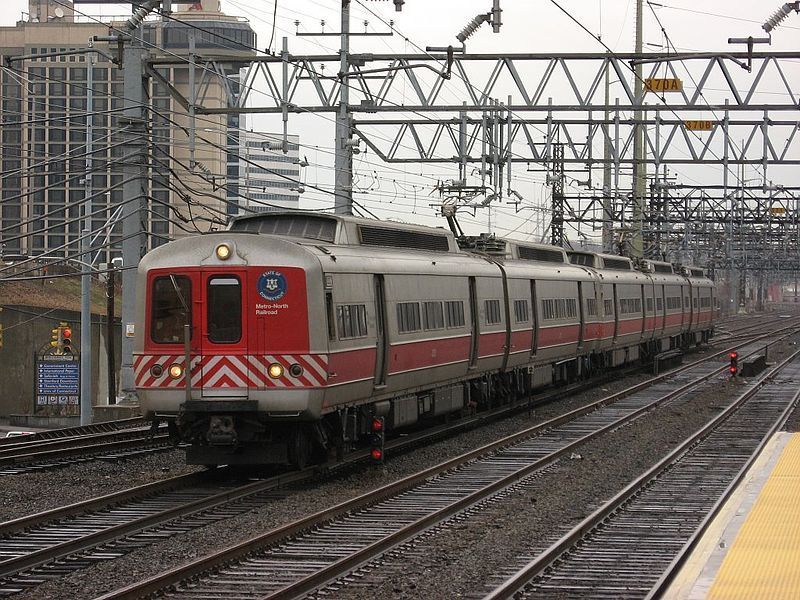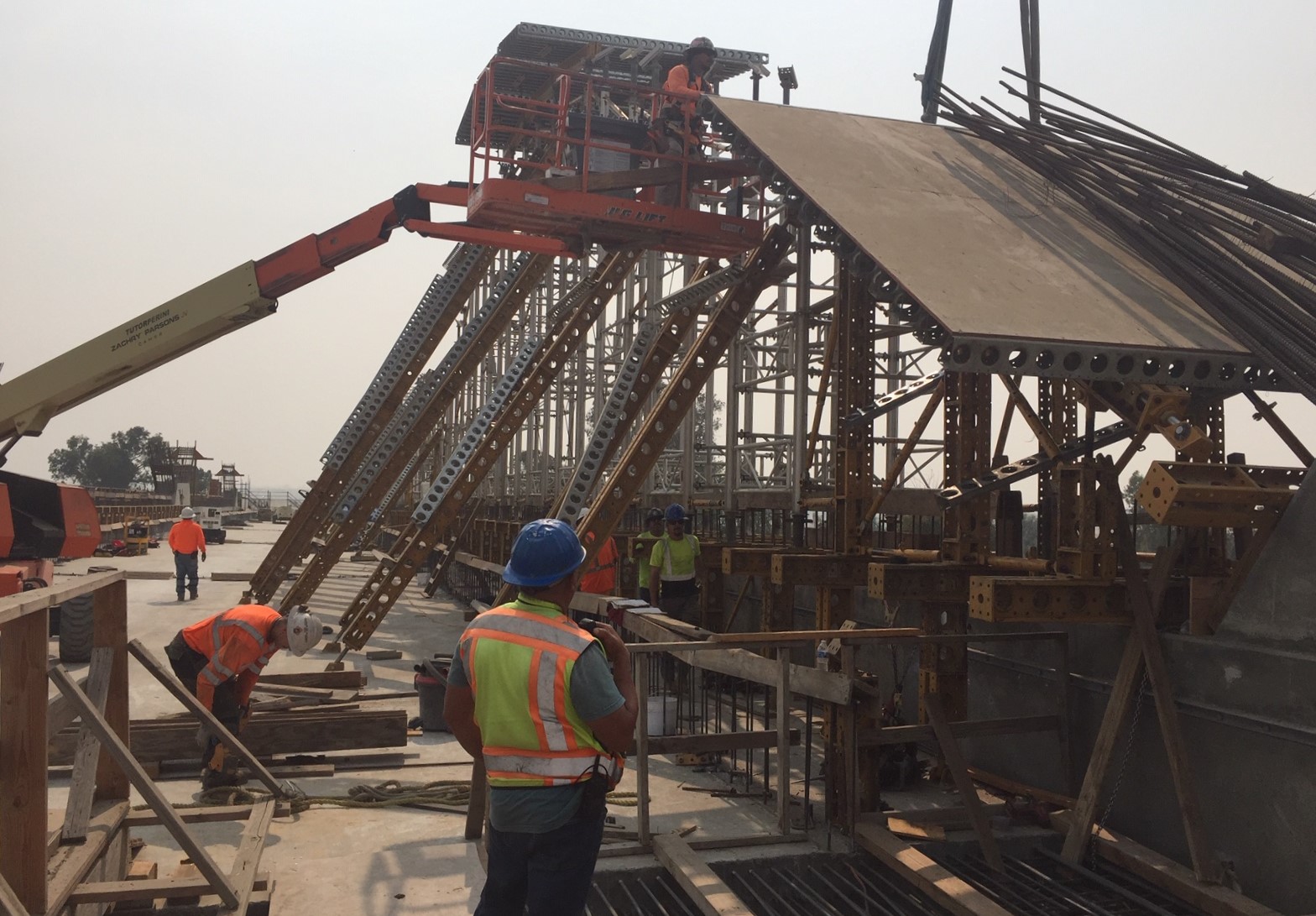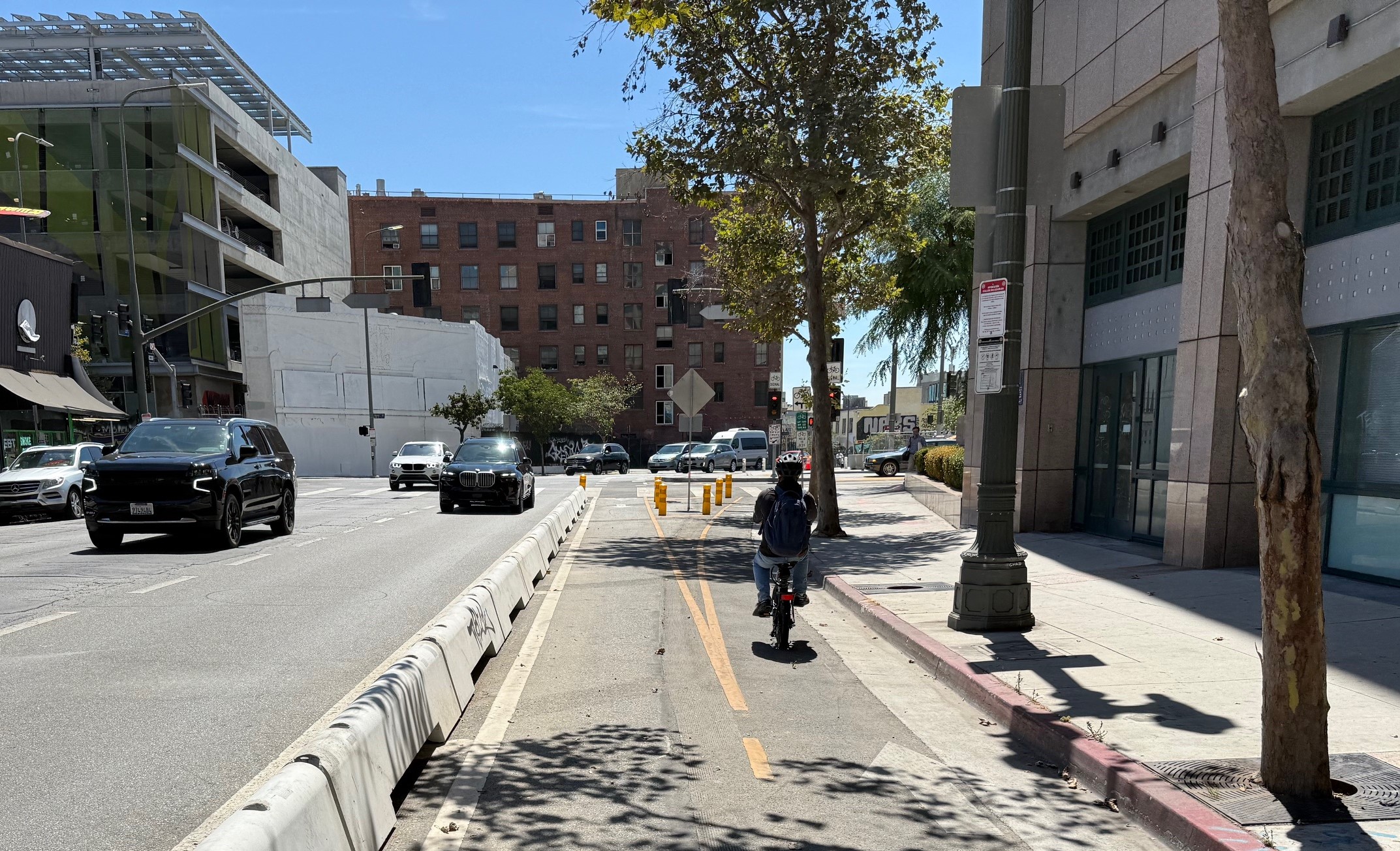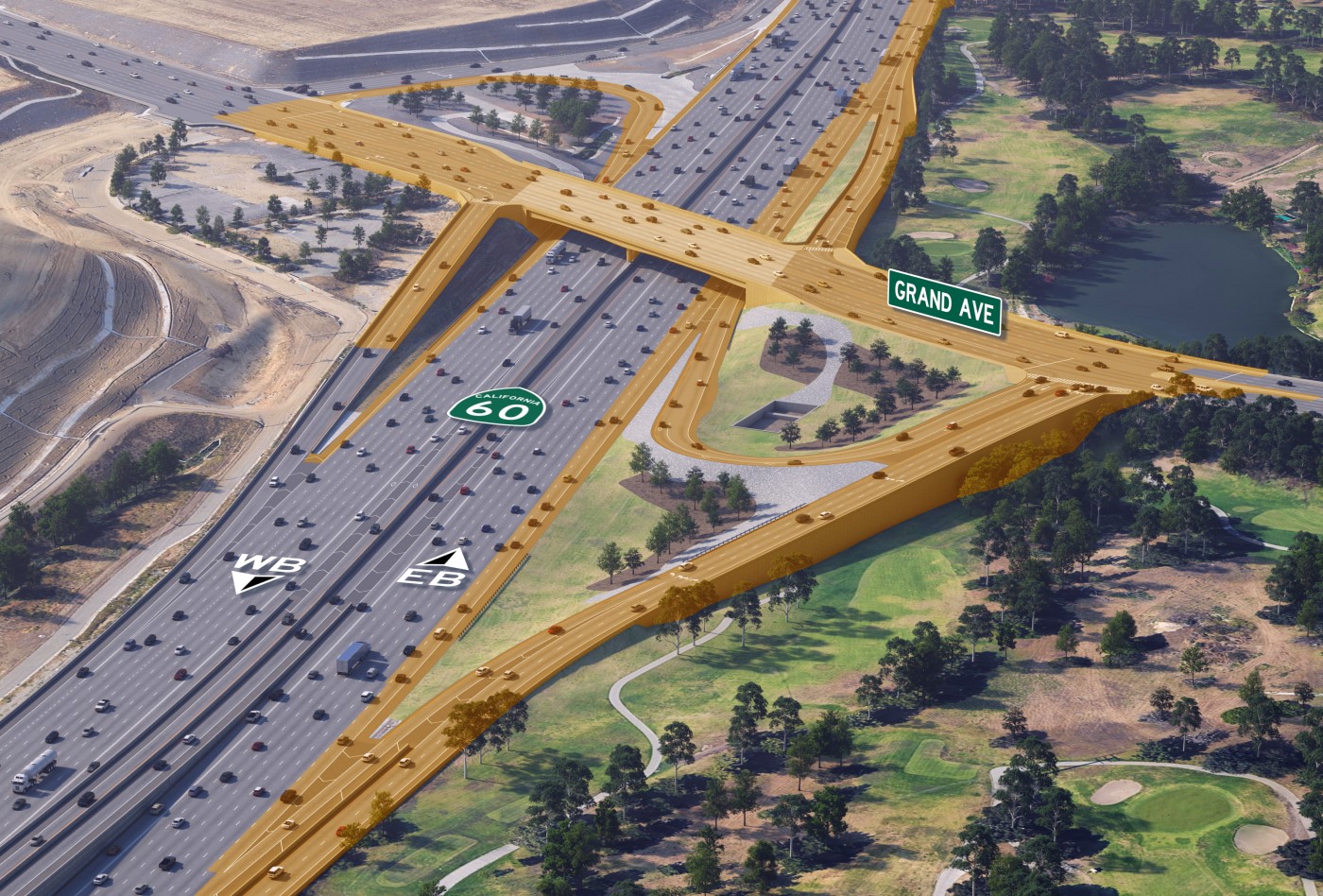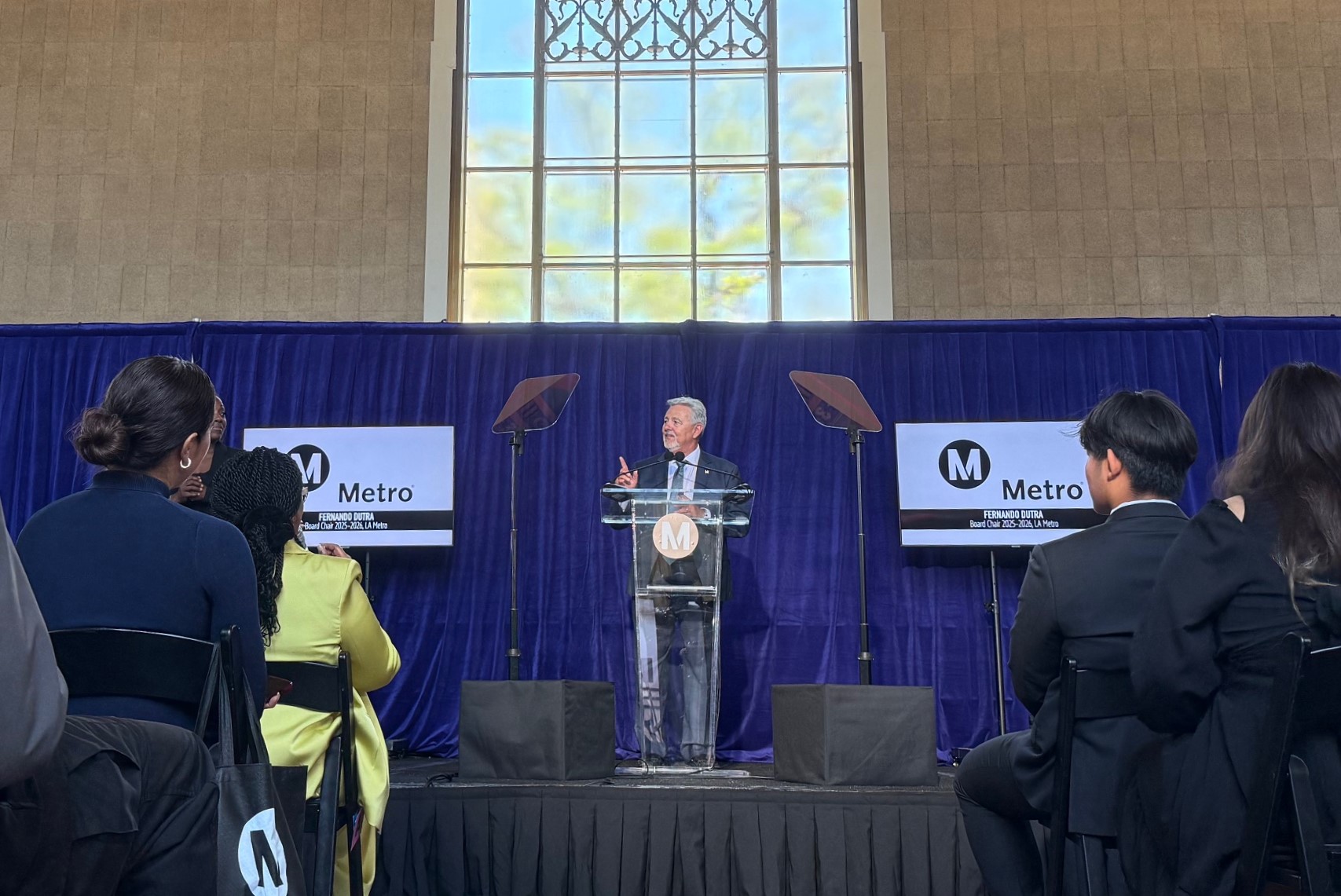The days of a free ride across Connecticut are ending as Democratic Gov. Ned Lamont is proposing tolls on the state’s major highways to rebuild its aging transit infrastructure.
The Lamont administration wants to install new electronic tolls on interstates 84, 91, 95 and the Merritt Parkway that would charge motorists 4.4 cents per mile and raise $800 million for the state budget by 2024. About 40 percent of the toll fees would be paid by out-of-state travelers while the rest would come from Connecticut drivers, although in-state motorists would receive a discount.
The governor argues that the toll revenue would fund reconstruction of several crumbling roadways, including a section of I-91 near the I-84 interchange in Hartford perpetually clogged by traffic that Lamont hopes to fix within 30 months by doubling capacity. The funds would also go toward positive train control technology and replacing outdated trains with lighter versions on the state’s rail network, ensuring 30-minute rides on legs between Hartford, New Haven, Stamford, and Grand Central Terminal.
Unlike Connecticut’s highways, which are largely flat, Lamont’s toll legislation has an uphill climb.
He’ll have to get his plan past a wary Democrat-controlled state legislature, where Republicans and even some Democrats staunchly oppose it. The legislative session ends on June 5.
“I’ve tried everything I could to get the legislators willing to step up and cast a tough vote. They don’t always like a tough vote,” Lamont said at a press conference on Friday. “We have a plan that’s ready to go. I’m ready for them to bring that out to the floor.”
Both parties are pressing Lamont for more details about the tolls, and Republicans unveiled their own plan dedicating $2.4 billion more toward rebuilding transit than Lamont’s would over the next four years, but Lamont has not warmed to their proposal.
State Transportation Commissioner Joe Giulietti said the state needs at least $2 billion per year to upgrade its roadways and rail lines, and an even larger amount next decade. Connecticut is currently spending about $1.5 billion annually on transit, borrowing about $700 to $800 million per year to pay for capital improvements. The Nutmeg State receives the rest in federal matching funds.
Pressure is mounting to get a deal done as the end of the session nears.
A pro-driver group delivered a petition with 100,000 signatures opposing tolls last week and is planning to rally at the state capitol on May 18.
State lawmakers from Fairfield County, one of the wealthiest parts of the country, are pressing for a carve out for commuters on the Merritt Parkway. Lamont floated the idea to appease them and did not refute doing so when asked on Friday. The plan would require federal approval, though Connecticut did have tolls on its highways for years.
The state’s business and labor leaders are giving Lamont the support he needs to win over skeptical voters, calling the need for transit infrastructure a “bigger issue than taxes.”
“Unless we invest in infrastructure, Connecticut has a very bleak future,” president of the Connecticut Construction Industry Association Don Shubert told CT Mirror.
Connecticut isn't the only state imposing new costs on drivers. In April, the New York legislature passed a congestion pricing plan that will add new $11 to $14 tolls on vehicles and $25 fees on trucks barreling into Manhattan below 60th Street by 2021. And Washington, D.C., lawmakers are considering adding tolls on roads and bridges controlled by the District to mitigate traffic and raise revenue.
